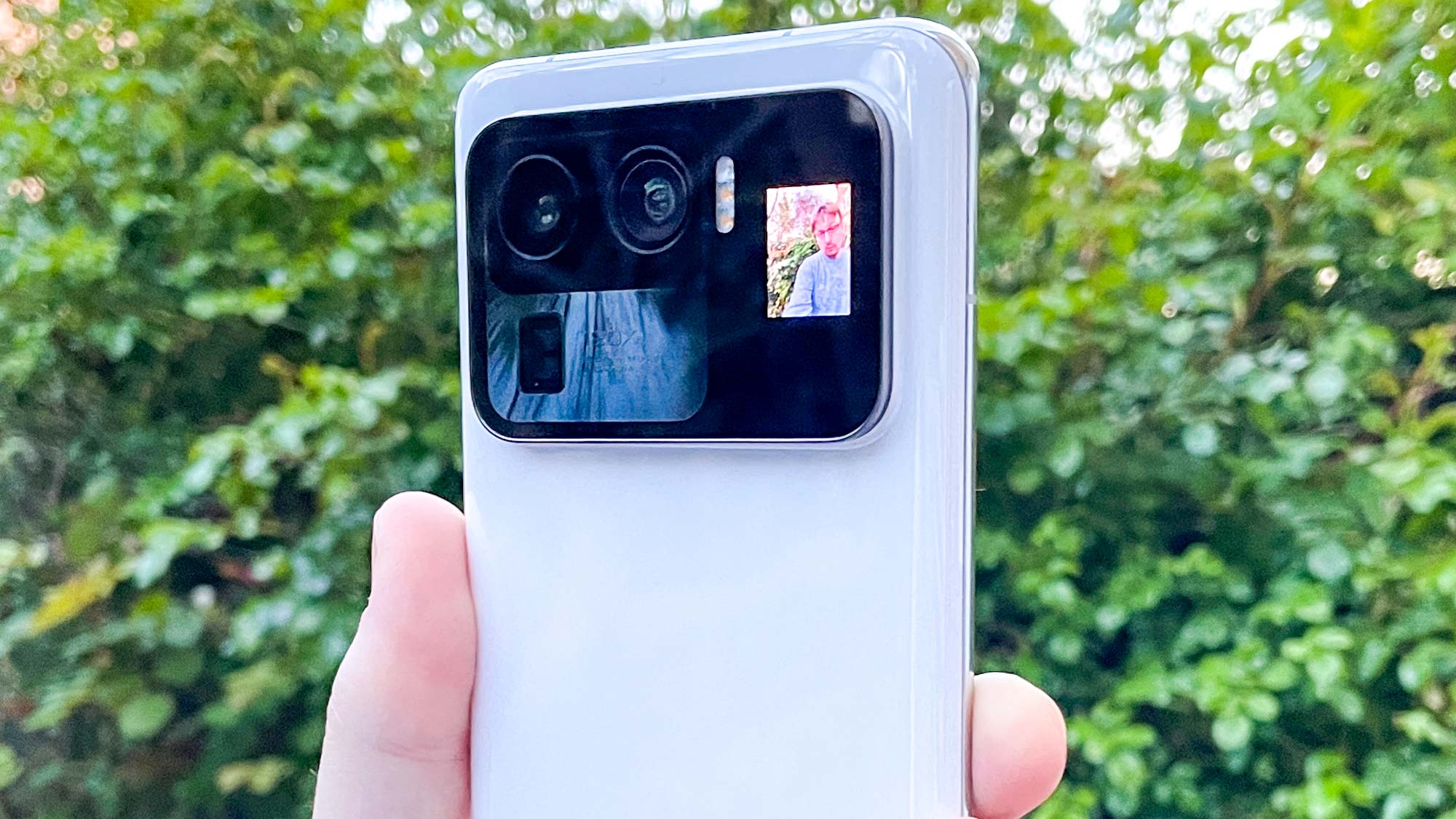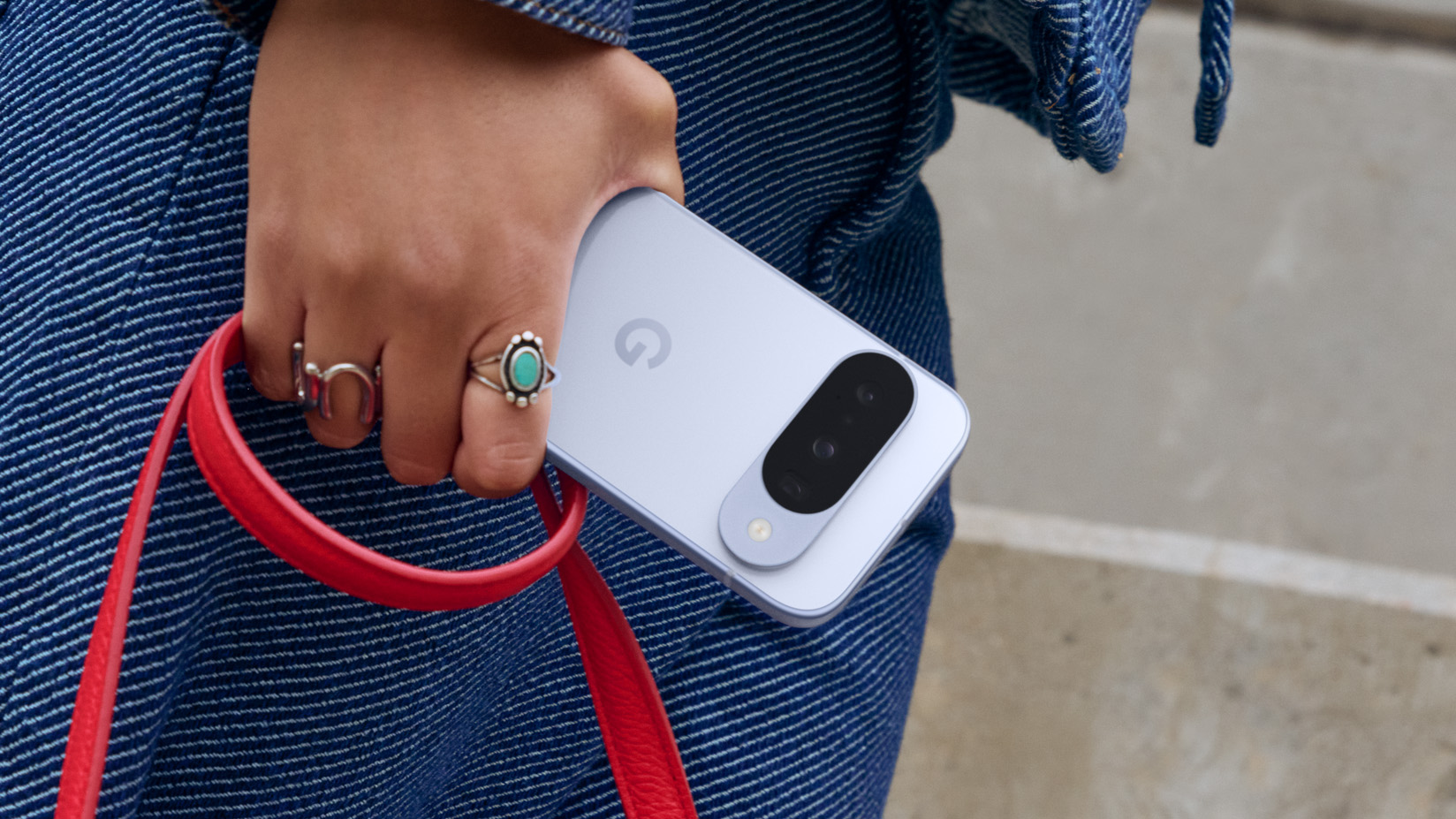Xiaomi’s 'ridiculous' US blacklisting is over — are phones finally coming?
The government will no longer block U.S. investment in Xiaomi, but phones are another matter

Xiaomi is no longer on the U.S. government's blacklist after the Chinese phone maker reached an agreement with the feds that vacates an order from the Trump administration. But that doesn't necessary mean the company's phones will headed to the U.S. any time soon.
As reported by Bloomberg, the deal struck between Xiaomi and the U.S. government removes the company from a blacklist that blocked American investment. Xiaomi landed on that list when the Trump administration slapped a Communist Chinese Military Company designation on the phone maker. However, Xiaomi denied any military ties and filed suit, with a judge placing a temporary halt on the order back in March.
- The best Android phones you can buy
- Xiaomi Mi 11 Ultra review: How good is it?
- Plus: Google Chrome just got a big upgrade for iPhone and iPad
The move to blacklist Xiaomi was seen by some observers as an over-reach by the Trump administration as part of its jostles over trade with China. "The Trump administration’s action against Xiaomi for military ties/national security was ridiculous, so it is good to see the Biden administration rectifying that," said Avi Greengart, of Techsponential.
The rescinded order doesn't clear all the obstacles for Xiaomi to sell its phones in the U.S., but it's certainly one step in that direction. "One is a prerequisite for the other; Xiaomi couldn’t sell phones in the U.S. if it was blacklisted, and certainly could not get U.S. carrier distribution," Greengart said.
But hurdles remain. "Just because the company was take off the list does not mean that U.S. carriers will be willing to work with Xiaomi," Greengart added. "For that matter, it is not clear if Xiaomi’s business model — which uses phones as an anchor point for a wide, wide array of consumer electronics and white goods — will even work in the U.S."
Why Xiaomi phones in US would be good
To be sure, Xiaomi phones would bring compelling options to U.S. shoppers looking to pick up a quality Android phone. Recent releases like the Xiaomi Mi 11 and Xiaomi Mi 11 Ultra have impressed with their beautiful displays, powerful cameras and fast charging.
Xiaomi's phones generally cost less than rival flagships, at least in markets where they're available, though it's uncertain if the Chinese company would be able to repeat that kind of aggressive pricing if it tried to take on the U.S. market.
Get instant access to breaking news, the hottest reviews, great deals and helpful tips.
An even bigger challenge would be to line up a partner among the major U.S. phone carriers. While there's certainly an audience for the best unlocked phones in this country, by and large, shoppers tend to get their next smartphone through their wireless carrier. Phone makers who only offer unlocked models rarely grow beyond niche players, if that.
Whenever I run into Xiaomi representatives at industry trade events, I ask them when we might see the company's phones hit the U.S. market. The answer is generally similar to the one I got at CES more than four years ago — that the company is waiting for "the right time and right product."
The agreement with the U.S. government probably doesn't change that right away. But chances of us seeing a Xiaomi release in this country are better than they were before, if only by a little bit.
Philip Michaels is a Managing Editor at Tom's Guide. He's been covering personal technology since 1999 and was in the building when Steve Jobs showed off the iPhone for the first time. He's been evaluating smartphones since that first iPhone debuted in 2007, and he's been following phone carriers and smartphone plans since 2015. He has strong opinions about Apple, the Oakland Athletics, old movies and proper butchery techniques. Follow him at @PhilipMichaels.
 Club Benefits
Club Benefits






